Janata Parivar announces merger, Mulayam to be head new party
Thu 16 Apr 2015
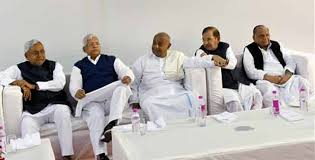
New Delhi: After weeks of vacillation, leaders of six Janata Parivar parties announced their decision to merge into one larger entity on Wednesday.
With 30 MPs, the new party will be the third largest bloc behind the Congress (68) and the BJP (47) in the Rajya Sabha, where the Modi government continues to be in a minority. In the Lok Sabha, the party will have 15 MPs, making it the eighth largest party in the House.
Samajwadi Party supremo Mulayam Singh — at whose residence the leaders met — will head the party and the parliamentary board, but the name, flag, symbol, policy and party programme will be finalised by a six-member committee later. While the SP leader will head the committee, its members will be H.D. Deve Gowda (Janata Dal-S), Sharad Yadav (Janata Dal-United), Om Prakash Chautala (Indian National Lok Dal) , Kamal Morarka (Samajwadi Janata Party) and Ram Gopal Yadav (SP).
Initially, an understanding had been reached on naming the outfit the Samajwadi Janata Dal, and accepting the SP symbol, the bicycle. But with Jitan Ram Manjhi, the former Bihar CM, who broke away from the JD(U) last month to form his own outfit, saying he would claim the JD(U) flag
and symbol, the Sharad Yadav-Nitish Kumar-led JD(U) is having second thoughts about giving up its emblems.
and symbol, the Sharad Yadav-Nitish Kumar-led JD(U) is having second thoughts about giving up its emblems.
The JD(U) and the Lalu Prasad-led Rashtriya Janata Dal, as the prime movers of Wednesday’s merger, had hoped that this unity would recreate the glory of the early 1990s when they were one party — and give them the necessary heft to take on the BJP-headed alliance in the Bihar Assembly elections later this year.
As things stand, in terms of vote percentage, the BJP-led alliance and the JD(U)-RJD (along with the Congress that is likely to be a partner) are evenly matched.
However, the fact that Mr. Mulayam Singh has already been announced the chairperson of the parliamentary party would suggest that when the second half of the Budget Session commences, its MPs will act as one group.
The new party will have to deploy its numbers effectively against the government on the floor of the Rajya Sabha to differentiate itself politically from the BJP. And with six entities in one group, the government will find it that much harder to offer allurements to one or the other in return for support to difficult legislation.
No Comments For This Post, Be first to write a Comment.
Most viewed from Specials
Most viewed from World
AIMIM News
Latest Urdu News
Most Viewed
May 26, 2020
Can Lionel Messi's visit boost Indian football?
Latest Videos View All
Like Us
Home
About Us
Advertise With Us
All Polls
Epaper Archives
Privacy Policy
Contact Us
Download Etemaad App
© 2025 Etemaad Daily News, All Rights Reserved.


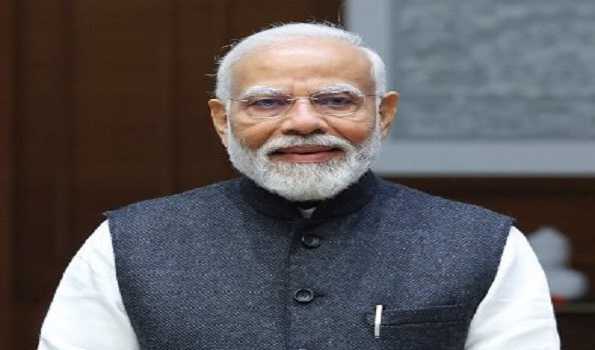
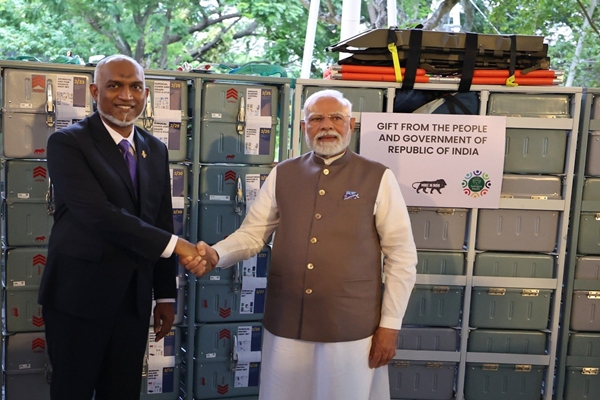
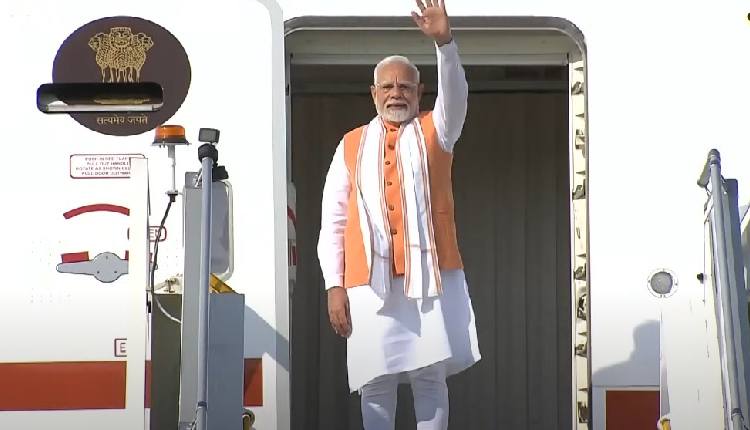
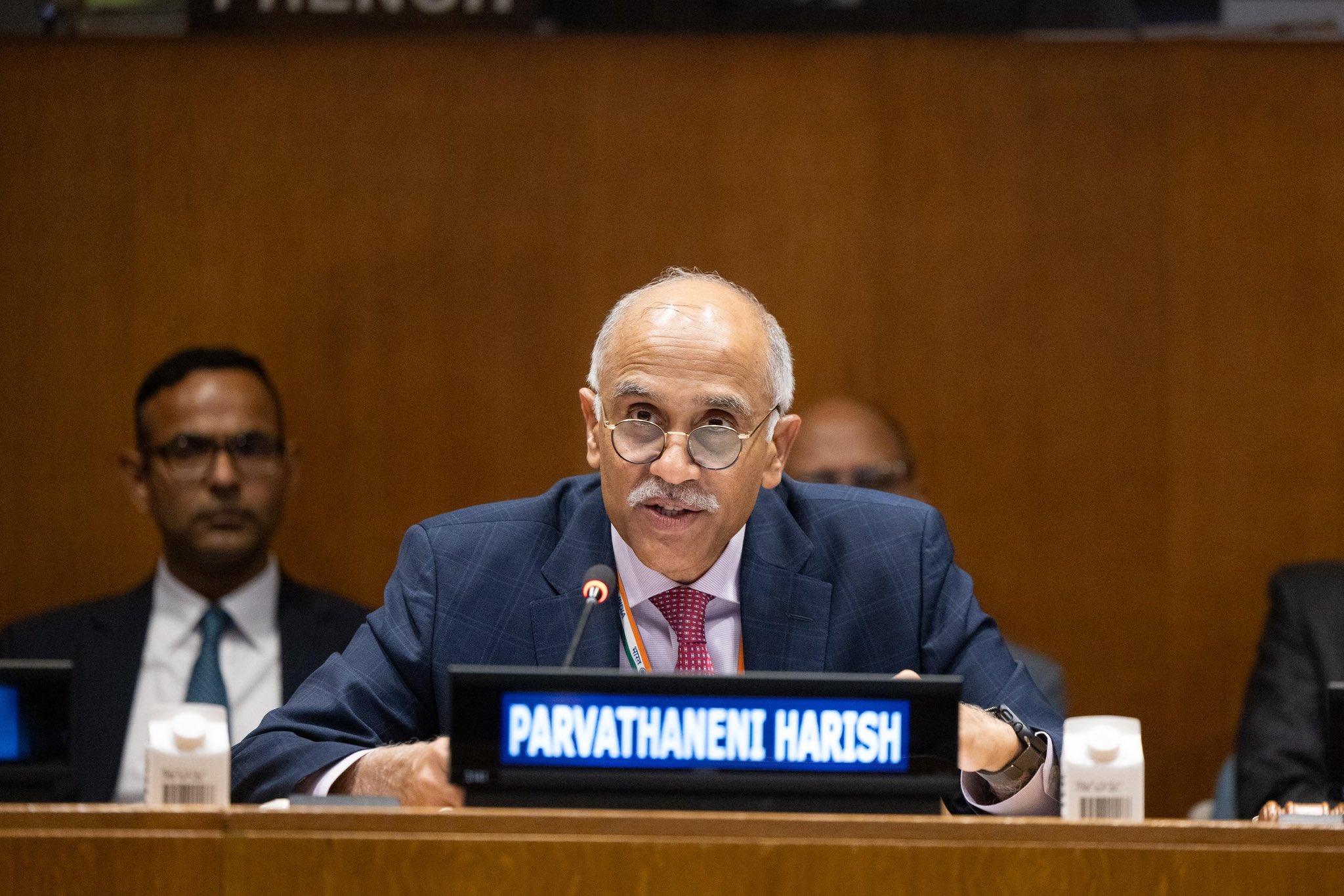
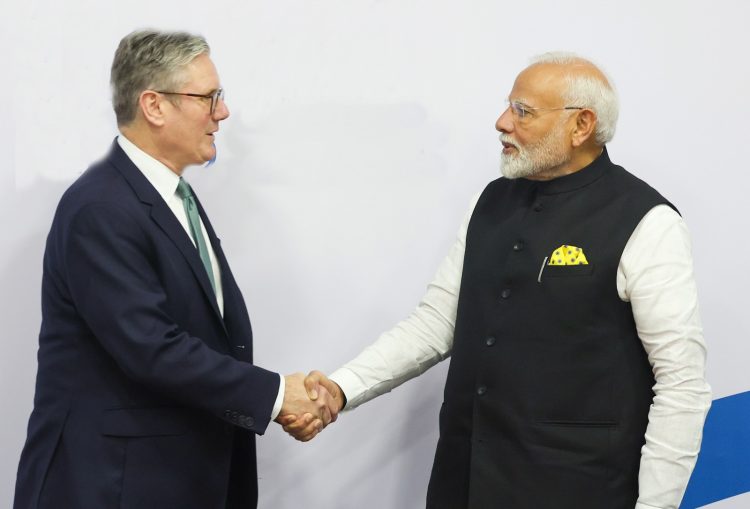
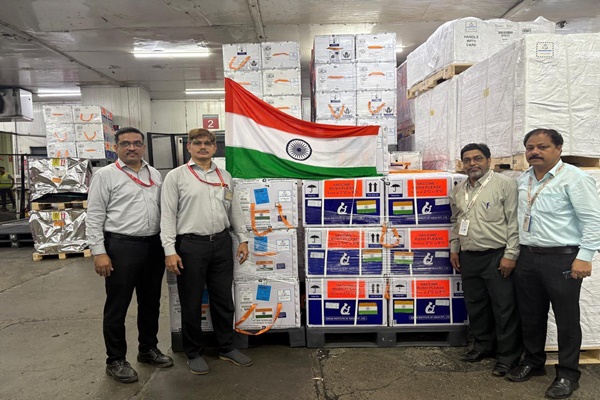
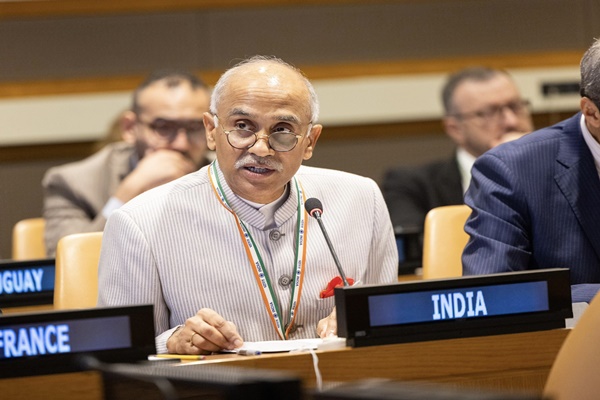
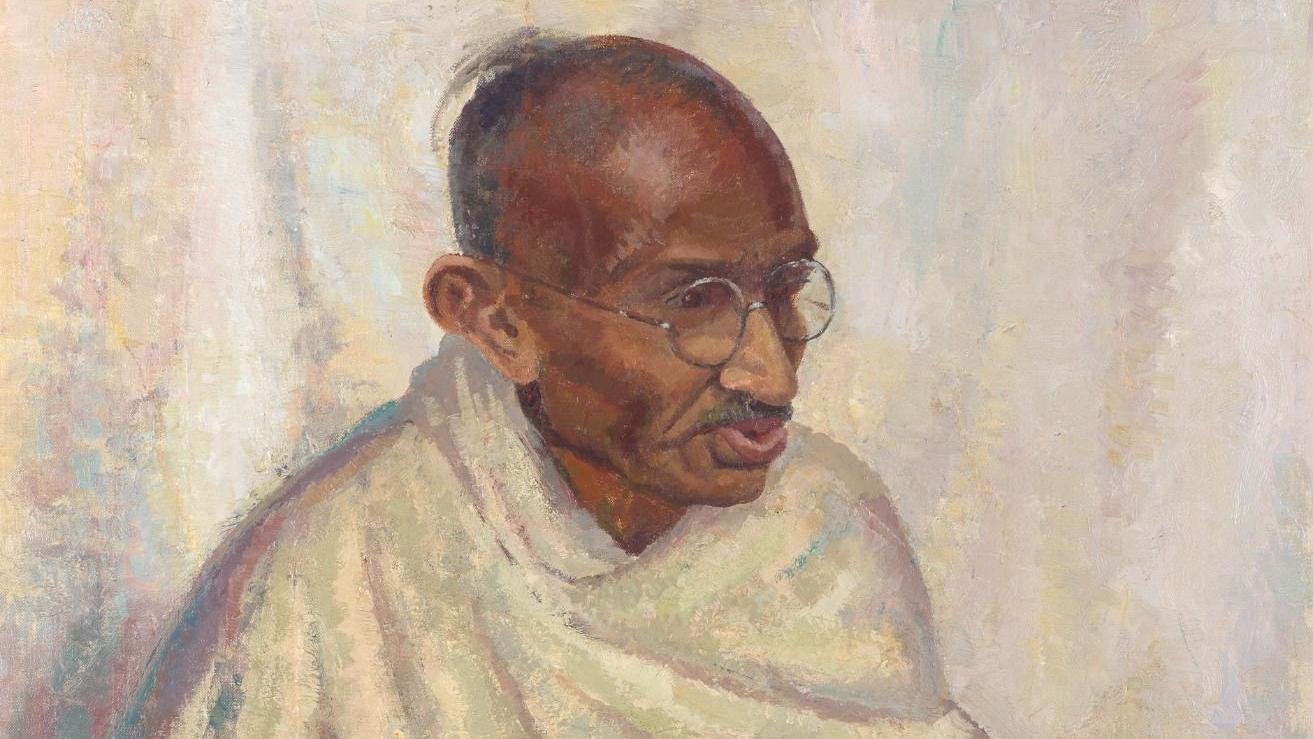
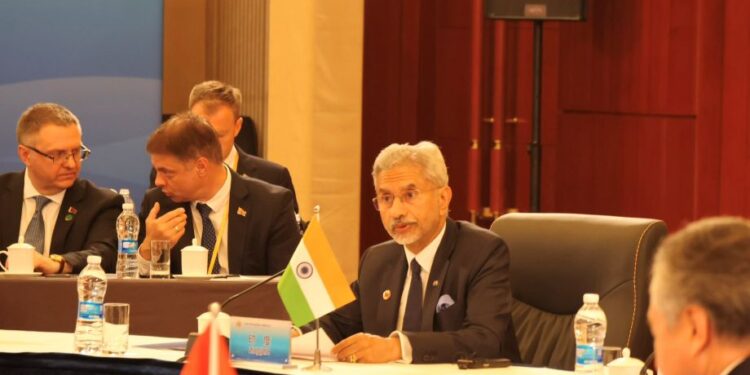
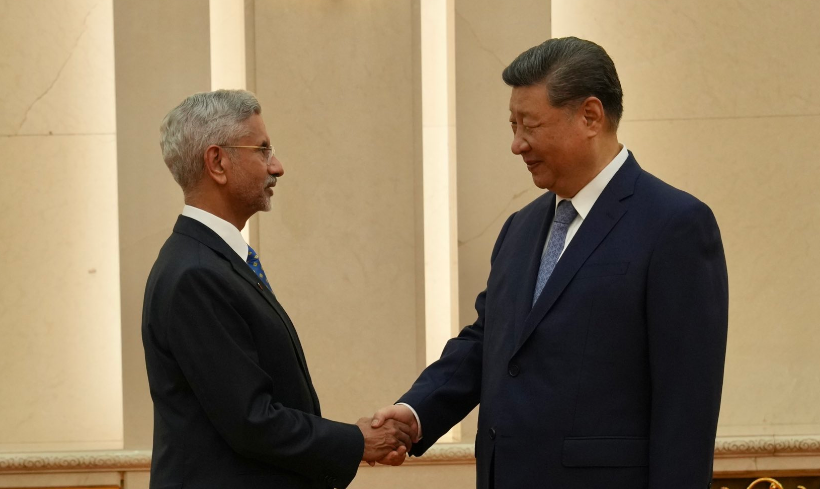
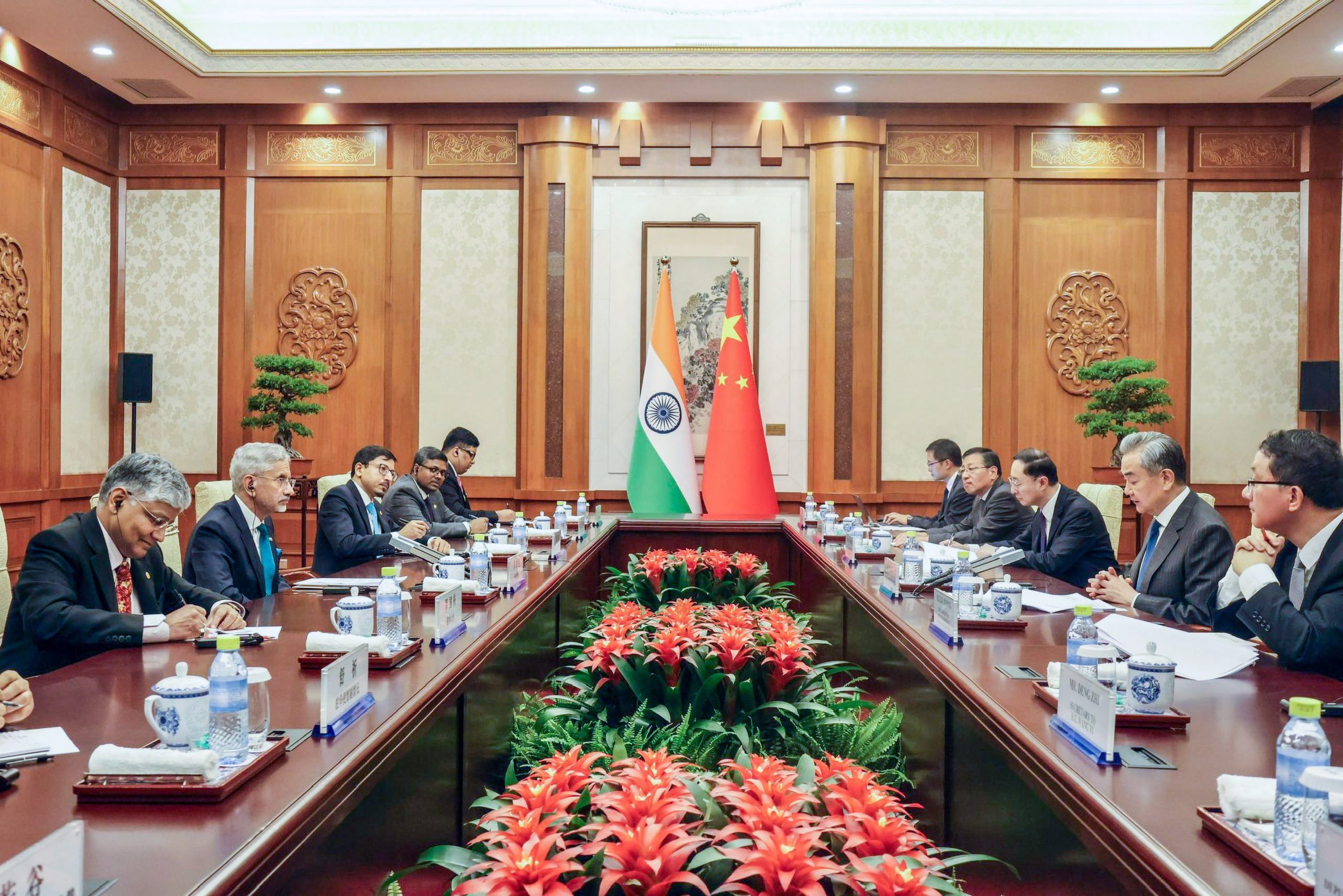

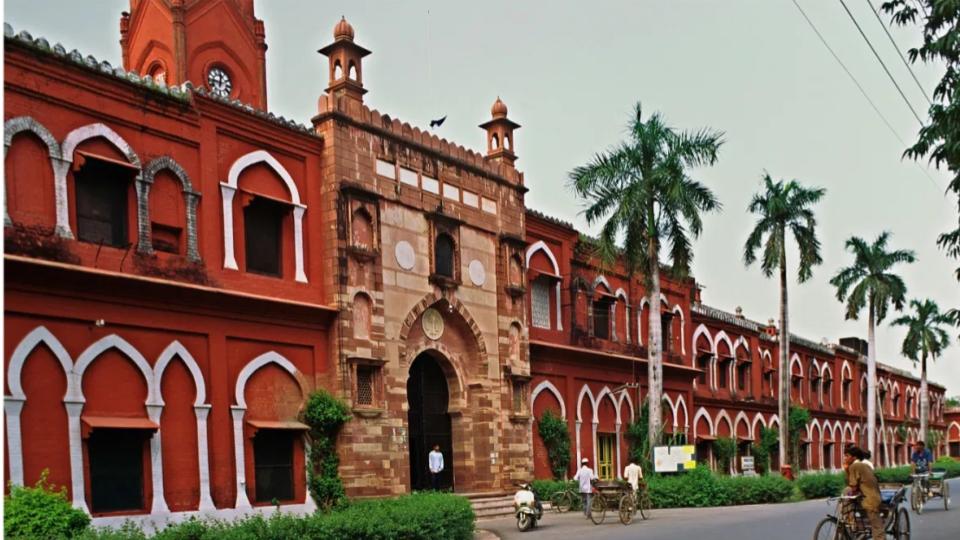
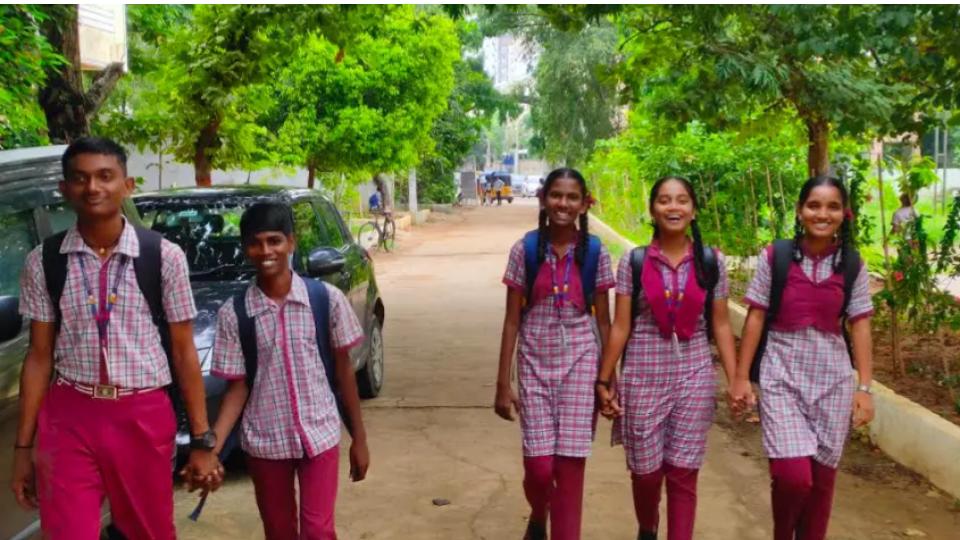
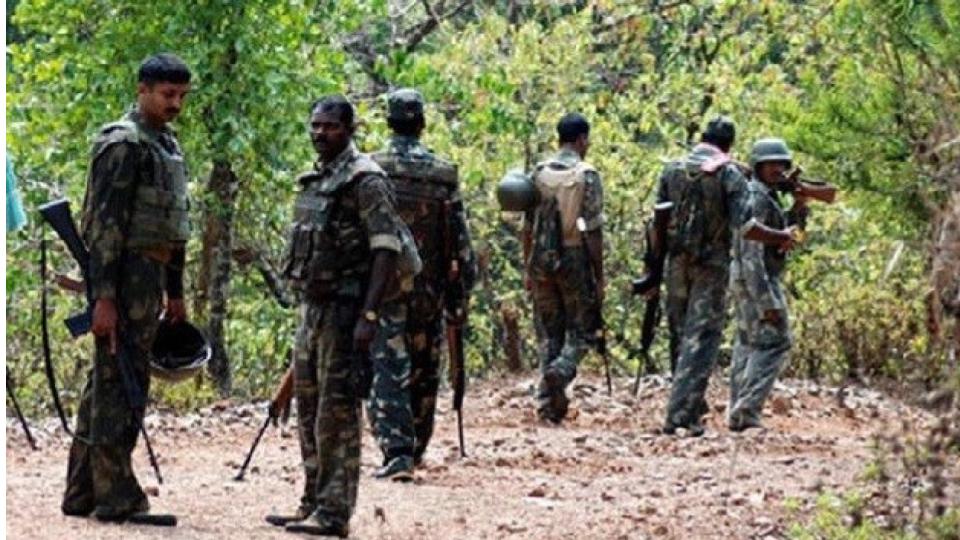

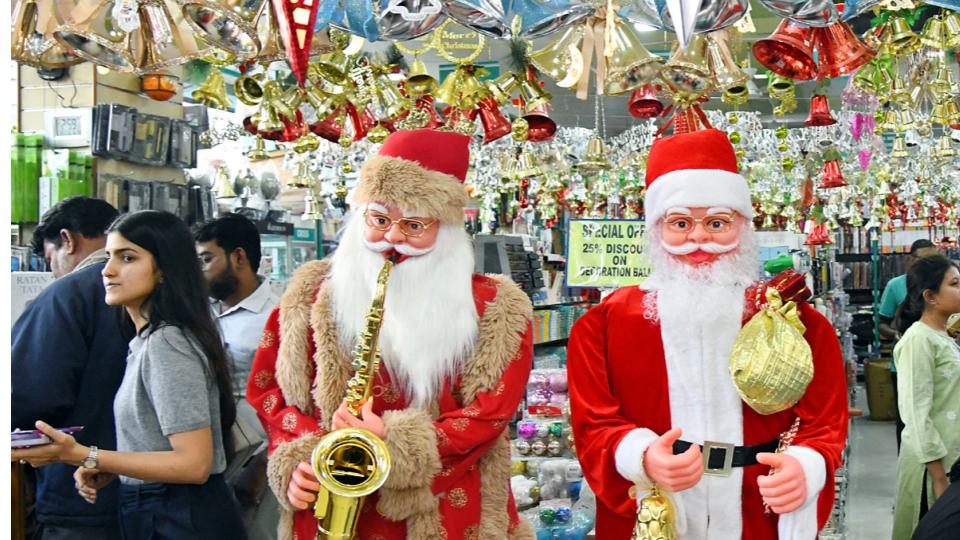
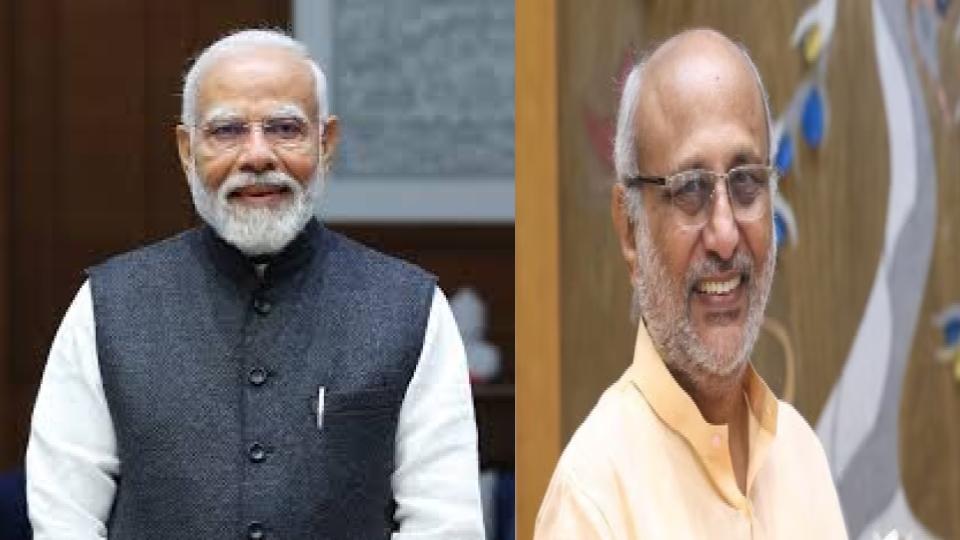
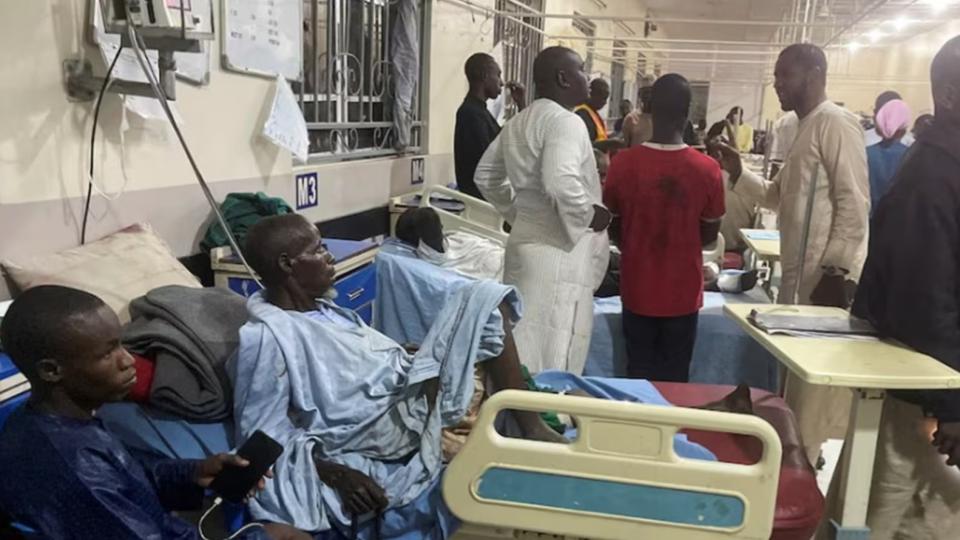

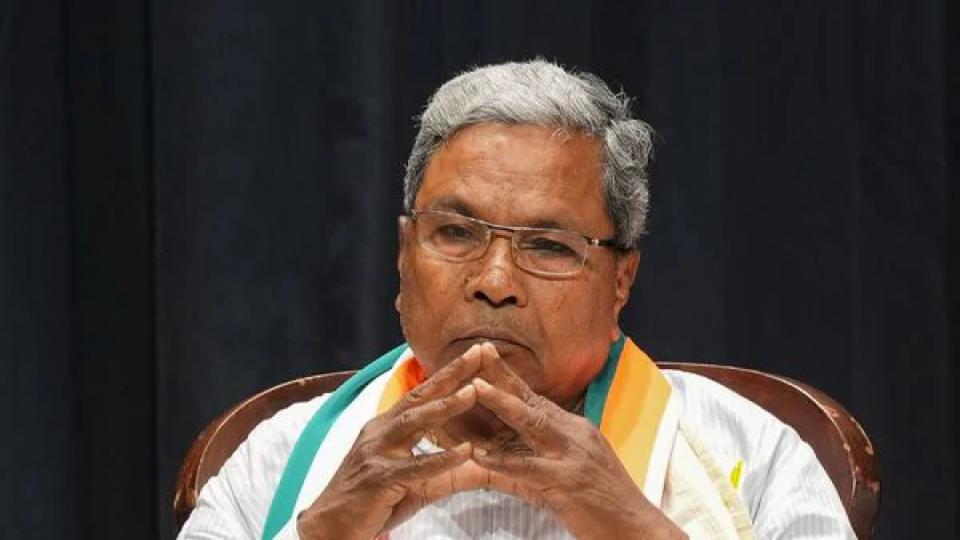
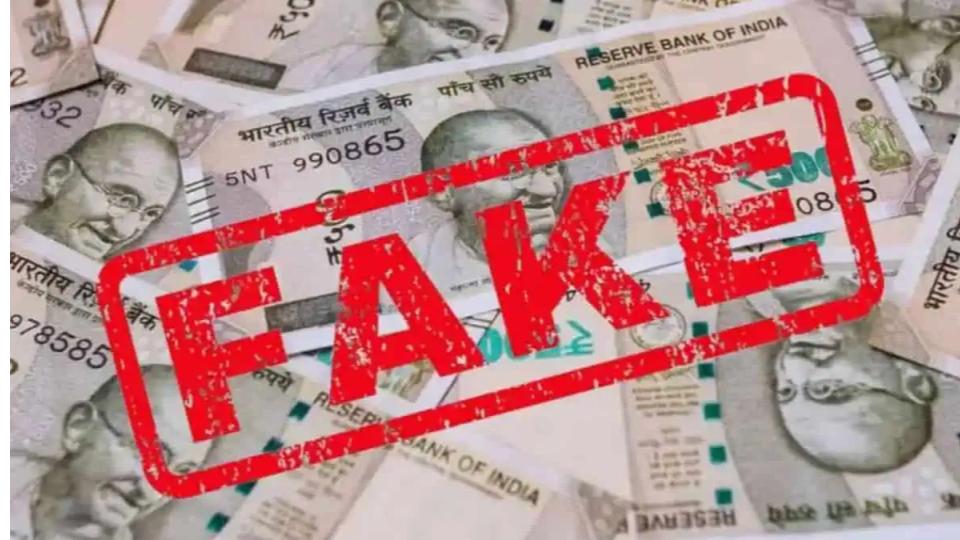


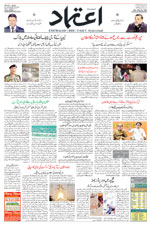










.jpg)
.jpg)
.jpg)


